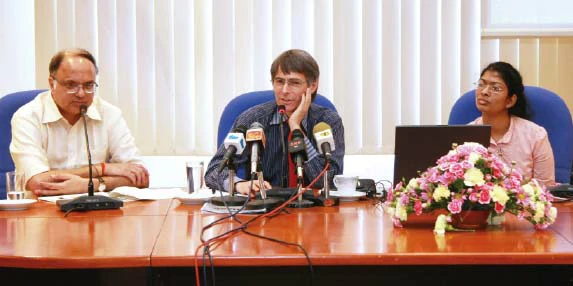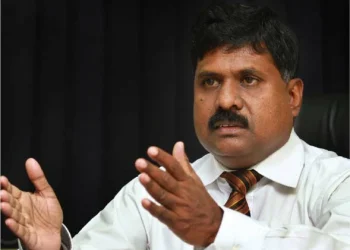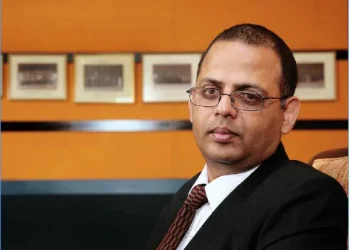
The Sri Lanka launch of “Asian Development Outlook 2009”, the annual flagship eco-nomic publication of Asian Development Bank (ADB), took place in Colombo recently. Introducing the special theme for the year, “Rebalancing Asia’s Growth”, ADB’s Coun-try Director for Sri Lanka, Richard Vokes disclosed that this year’s publication sets out the current global economic situation and its impact on developing Asia whilst accen-tuating economic prospects and challenges in the region.
According to “Asian Development Outlook 2009”, the economic growth in developing Asia will deteriorate to its most sluggish pace this year, since the 1997 – 1998 Asian Financial Crisis. Even though economies in the region have so far weathered the crisis to a great extent, other factors such as the collapse of equity prices and restricted ac-cess to external financing deem to affect the growth significantly. It is believed that the cut back in import demand from the G3 (the United States, Eurozone and Japan) re-sulted in a sharp contraction in regional exports. Projections reveal a decline in the surplus to 4.9 percent of GDP in 2009 and 4.7 percent in 2010. Across the region, fac-tory closures and job losses are weighing upon consumer sentiments forcing house-holds to cut down on spending. Uncertainties rising from these trends may discourage investment, thus putting a hold on capital spending. Recommended remedies to re-balance Asia’s growth include bringing in policies that reinforce domestic demand as well as those that revitalise the domestic economies. Strengthening regional coopera-tion may also safeguard the region against even larger external shocks such as an abrupt unwinding of global imbalances. However, a mild recovery in the global econ-omy is expected in 2010 with regional growth likely to improve to 6.0 percent.
Commenting on Sri Lanka’s situation, ADB Sri Lanka’s Resident Mission’s Lead Economist, Narhari Rao stated, ‘While the effects of slowing exports on the trade bal-ance will be countered to some extent by lower import bills, the Government needs to follow a more active exchange rate policy to better manage the balance of payments and maintain a healthy reserve position.’
The ADB Country Director, Richard Vokes concluded the session saying, “…the country will now meet new challenges of post-war development with the expected opening up of the North of Sri Lanka.” It is presumed the proposed IMF facility will im-prove the reserves and boost investors’ confidence.




